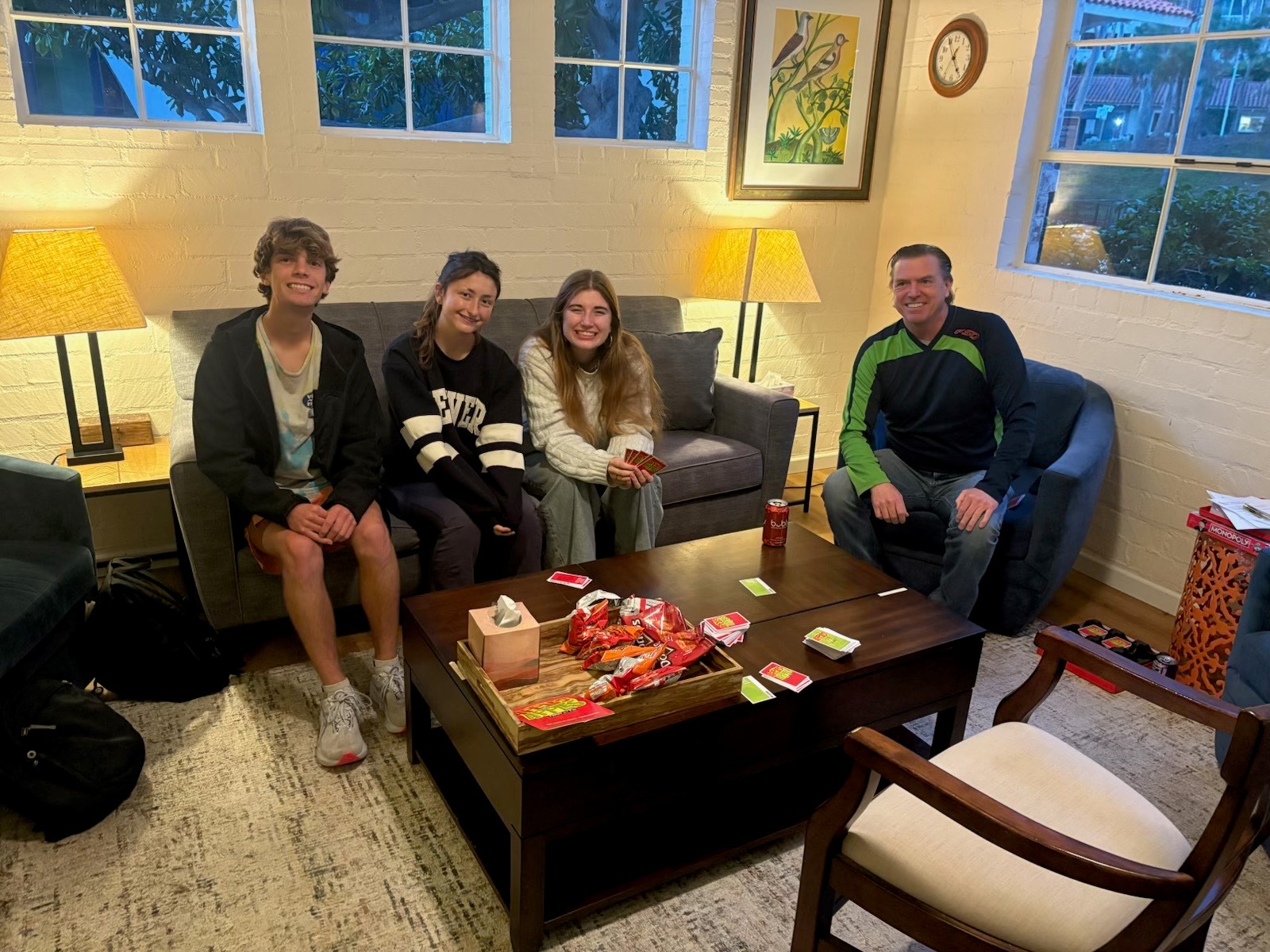A six-hour discussion about meeting management Tuesday culminated in a number of changes in Manhattan Beach City Council’s general meeting procedures and agenda structure.
The “catch-up” session, which began at 9 a.m. in the Council Chamber, was called last month to address evident inefficiencies in recent Council meetings, many of which have stretched late into the night and adjourned before getting through the full agenda.
The Council unanimously voted to suspend the 11 p.m. deadline as the first step toward improving efficiency. Currently, the City Council adjourns each regular meeting by 11 p.m. unless council members, by a four-fifth vote taken at 10:30 p.m., decide to waive the deadline. Upon adjournment, all agenda items not completed are postponed to the next regular meeting.
Beginning Oct. 1, the City Council agenda will be posted for the public by Wednesday at noon and hard copies of agenda packets will be delivered to council members by 6 p.m. Currently, agendas are posted Thursday or Friday prior to the Tuesday of a City Council meeting.
City Manager Dave Carmany noted the challenges of a quicker turnaround, as drafting an agenda includes a number of staff reports often requested during council meetings that same week.
“The preference is to get it right than right now,” Carmany said, adding that he and his staff will do their best to meet the new deadline.
The Council also addressed rules of decorum in the Council Chambers, moving to adopt a protocol under the Brown Act dealing with disruptive individuals during meetings. The protocol, drafted by City Attorney Quinn Barrow, outlines a three-step method in addressing such individuals: issue a verbal warning, call a recess, and finally, escort him or her out of the meeting.
Additionally, in a conflicted move, council members voted 4-1 to set a 15-minute total time cap per speaker, excluding comments during public hearings, on a six-month trial basis. Mayor David Lesser, the dissenting vote, said he was “troubled by the message it sends, that we’re trying to limit speech.” However, Councilman Tony D’Errico said the limit will affect “0.0001 percent” of the city’s public members – the “few abusers” of the current system.
“This is gonna do more to benefit the many,” D’Errico said.
The most challenging discussion Tuesday revolved around the consent calendar, which in a single vote approves “routine and customary” business items on the list, such as approval of minutes, bid awards and grants of easement. Council members tried to determine what falls under “routine and customary” and whether dollar amounts should be a determining factor.
“There are certain things where you just look at it and go, we need a full briefing on this,” Councilman Mark Burton said, explaining that some consent calendar items belong in general business, which includes a staff presentation, public comment and discussion.
This is an issue many cities struggle with, Barrow said, adding that all items involving a minimum of $20,000 requires council approval. Ultimately, the Council withheld a motion regarding this issue and directed the city attorney to return with recommendations.
In a related matter, the Council voted unanimously to allow members of the public to pull items from the consent calendar before council members by coming down to the daises to explain his or her reason. That way, city staff can streamline its presentation based on specific areas of concern, Councilman Wayne Powell suggested.
A resolution outlining these changes will come before the City Council for final approval at the Oct. 1 meeting.








